New Spencer Book Denies Existence of Muhammad
Why you can’t trust a guy writing about religion who doesn’t understand religion.
Read MoreWhy you can’t trust a guy writing about religion who doesn’t understand religion.
Read MoreThe media discussion of the American soldier responsible reveals a journalistic double standard.
Read More
A new book of popular history provides an exhaustive and detailed history of the brutal yet bureaucratic Inquisition, arguing that it helps explain what the world is today.
Read MoreThe enemy of my enemy is… my enemy too?
Read More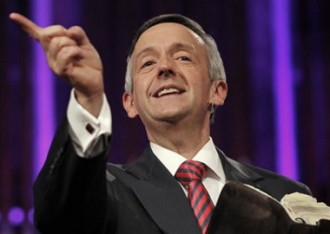
Jeffress thinks it’s fine to interrogate candidates’ religious beliefs. Indeed there may be times when it is legitimate to ask whether a candidate’s religious positions would have a direct impact on policy. Religious Right activist David Barton has declared that the Bible is opposed to progressive taxation, capital gains taxes, collective bargaining, and the minimum wage. It’s legitimate to ask whether candidates who praise Barton’s work—such as Michele Bachmann and Newt Gingrich—share those opinions. Similarly, when a presidential candidate like Bachmann calls a Christian Reconstructionist thinker her “mentor,” it is not religious bigotry to ask whether she shares his views about the Constitution and the roles of religion and government in society. But questioning the authenticity or soundness of a candidate’s religious views, for example to have Barton and Glenn Beck rail against what they believe are President Obama’s religious views on the nature of salvation, seems far less appropriate—or useful.
Read More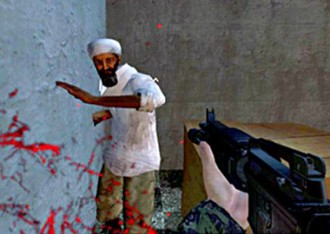
The desire to translate events like Qaddafi’s death into video games is an attempt to simplify complex issues into patterns that we can recognize and make sense of, with predictable rules, defeatable “bad guys,” and the hopeful celebration of an “epic win.”
Read More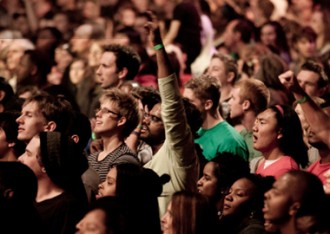
When I heard the goals for this year’s massive prayer rally—healing America in a time of crisis, accomplishing racial reconciliation, repairing Detroit, and (here’s the part where I come in) bringing Jesus to Muslim hearts—I figured a Muslim in the crowd could be a nice twist. My plan was to report from the inside, to talk to the attendees as one among devoted thousands. I’d try to understand how such Christians understand Islam, for Lou Engle’s world is alien from my New England roots and New York life. I’d attended churches before, but nothing like this.
Read More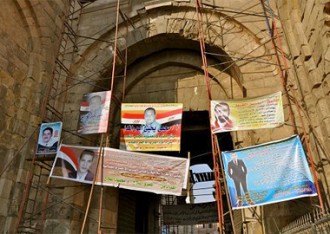
Left or Right, the market always seems to win. This is actually where I would locate the greater threat to Arab democracy, and the temptation to slide into some form of authoritarianism, older or newer. As the people of the region confront the reality that they have little say over economic policy, and will be forced to accede to the contingencies of global capitalism, they may well become immensely frustrated by the scale of change and demand something different. Considering how volatile European and American politics have become, and how frequently we now see street protests and even supposedly stable and demure countries, how much more so these new democracies?
Read More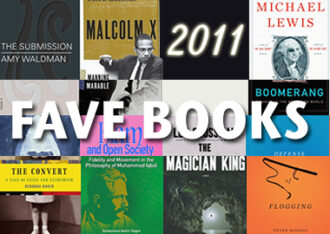
Conversion, magic, flogging, the New Third World, Muslim philosophy, Malcolm. Compelling reading, in any year.
Read More
While a valiant effort at a compassionate depiction of individuals swept up in the horror of the Bosnian Genocide, Angelina Jolie’s main character, Danijel, simply ends up humanizing genocide.
Read More